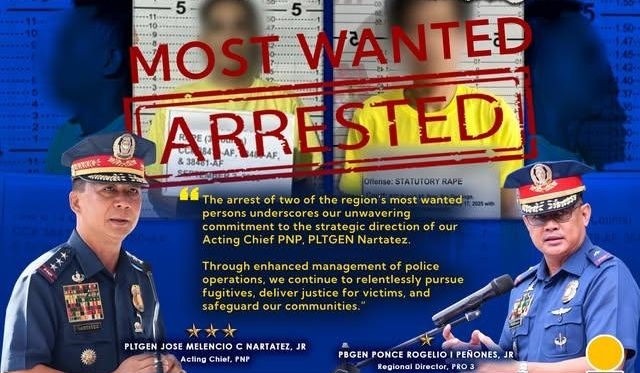
BY KEVIN GALANG
CAMP OLIVAS, City of San Fernando, Pampanga Three most wanted felons in Central Luzon were arrested by members of the Police Regional Office 3 (PRO3) in separate operations in Nueva Ecija and Albay.
In a report to Police Regional Office 3 (PRO3) director Brig. Gen. Ponce Rogelio Peñones Jr., tracker teams of the Regional Intelligence Division–Regional Special Operations Group 3 (RID-RSOG3), with support from the Regional Intelligence Division-Cyber Patrol Team, Talavera Municipal Police Station, Minalin police, Tactical Support Company, and 302nd Mobile Company Regional Mobile Force Batalion 3 on September 4, 2025 served a warrant of arrest on alias “Emal,” 27, of Bgy. Bakal III, Talavera, Nueva Ecija.
“Emal,” tagged as no. 9 most wanted in Central Luzon, was arrested in Bgy. Pag-asa, Talavera for rape.
The arrest warrat was issued by the Regional Trial Court Branch 88, Sto. Domingo, Nueva Ecija, with no bail recommended.
A day earlier, elements of the 3rd Cabiao Mobile Platoon, 1st Provincial Mobile Force Company, Nueva Ecija Police Provincial Office, in coordination with Guinobatan and Peñaranda police, arrested alias “Vera,” 42, in Sitio Basud, Bgy. San Rafael, Guinobatan, Albay.
“Vera,” a native of Guinobatan and a resident of Bgy. Las Piñas, Peñaranda, Nueva Ecija, is wanted for acts of lasciviousness.
On September 2, operatives of the Cabanatuan City police arrested alias “Padi,” 37, the no. 3 most wanted in the region, in Bgy. H. Concepcion, Cabanatuan City for rape, with no bail recommended.
Peñones said the arrests highlight PRO3’s intensified drive in line with the 7-Point Agenda of acting PNP chief Lt. Gen. Jose Melencio C. Nartatez Jr., particularly on enhanced managing police operations to bring offenders to justice.
The official comended the operating units for their swift and decisive actions, stressing that these accomplishments demonstrate PRO3’s determination to pursue fugitives and ensure community safety.
He added that the successes prove the value of intelligence-driven operations, social media monitoring, and close coordination on the ground, which further strengthen public trust and confidence in the police.


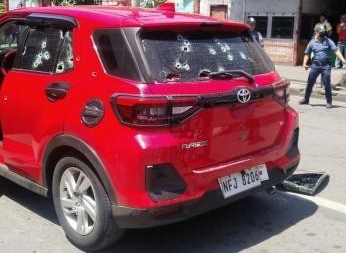 SK CHAIR SLAIN IN COTABATO CITY AMBUSH; BROTHER, COP HURT
SK CHAIR SLAIN IN COTABATO CITY AMBUSH; BROTHER, COP HURT  COPS RESCUE 62-YEAR-OLD WOMAN, CHILD HELD HOSTAGE IN PALAWAN
COPS RESCUE 62-YEAR-OLD WOMAN, CHILD HELD HOSTAGE IN PALAWAN  ONLINE SELLER OF GUN FALL IN BACOLOR
ONLINE SELLER OF GUN FALL IN BACOLOR  PAMPANGA COPS’ DAYLONG OPERATIONS NET 7 DRUG SUSPECTS, 4 WANTED MEN
PAMPANGA COPS’ DAYLONG OPERATIONS NET 7 DRUG SUSPECTS, 4 WANTED MEN  BARANGAY COUNCILOR SHOT DEAD IN LAGUNA
BARANGAY COUNCILOR SHOT DEAD IN LAGUNA 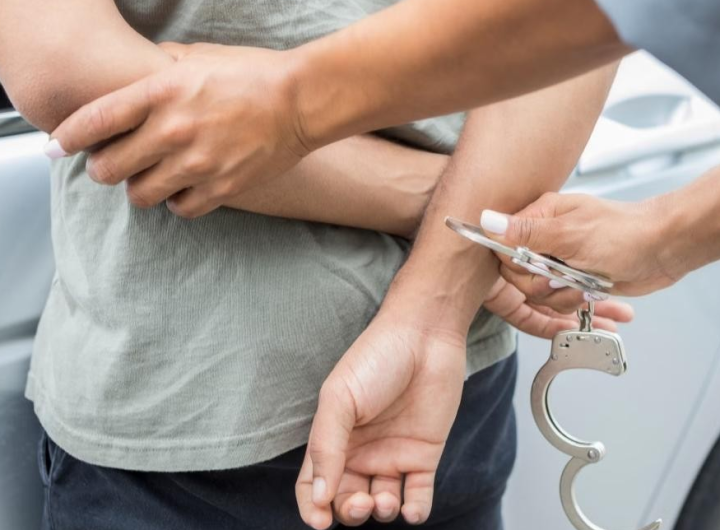 COPS ARREST MAN FOR POINTING GUN, THREATENING ZAMBALES MAYOR
COPS ARREST MAN FOR POINTING GUN, THREATENING ZAMBALES MAYOR 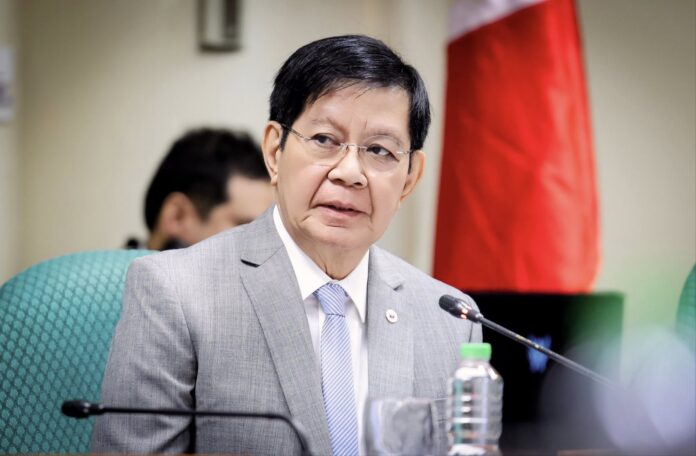 LACSON TO RESIGN AS SENATE BLUE RIBBON COMMITTEE CHAIRMAN
LACSON TO RESIGN AS SENATE BLUE RIBBON COMMITTEE CHAIRMAN 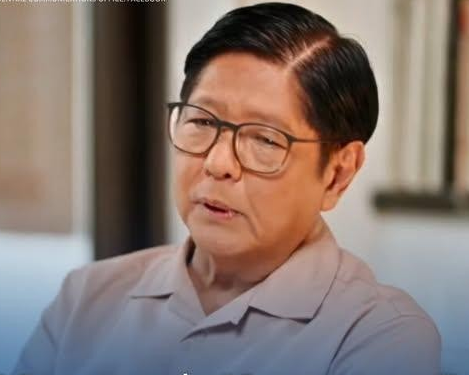 MARCOS WANTS SOLID CASES BACKED BY STRONG EVIDENCE IN FLOOD CONTROL MESS PROBE
MARCOS WANTS SOLID CASES BACKED BY STRONG EVIDENCE IN FLOOD CONTROL MESS PROBE